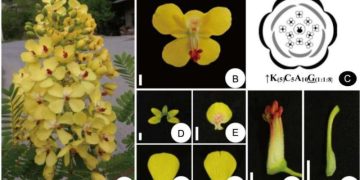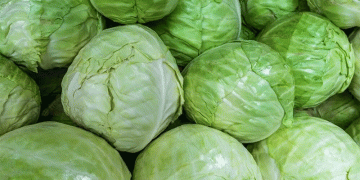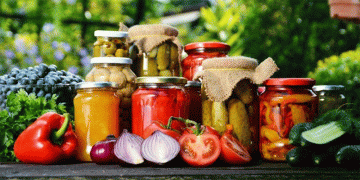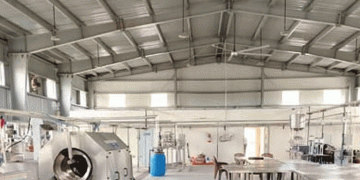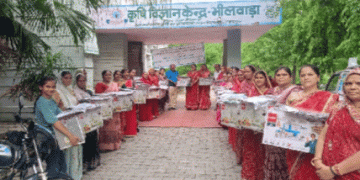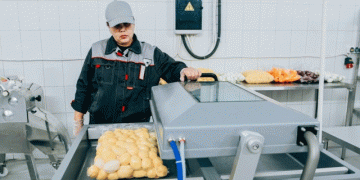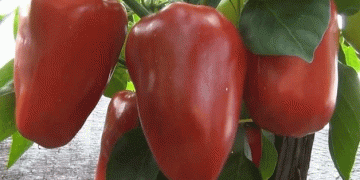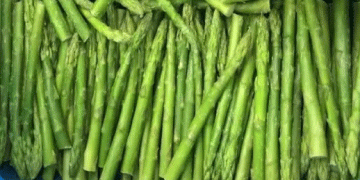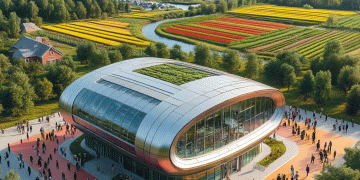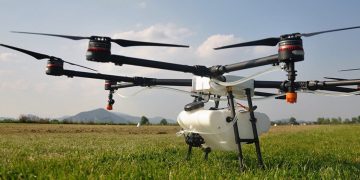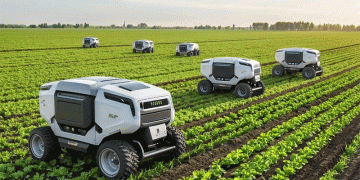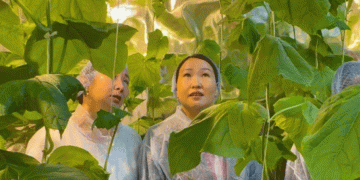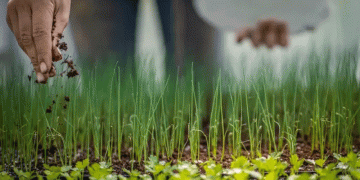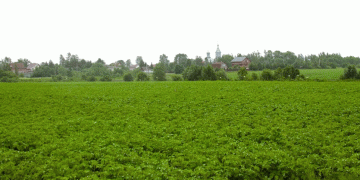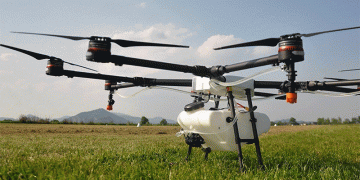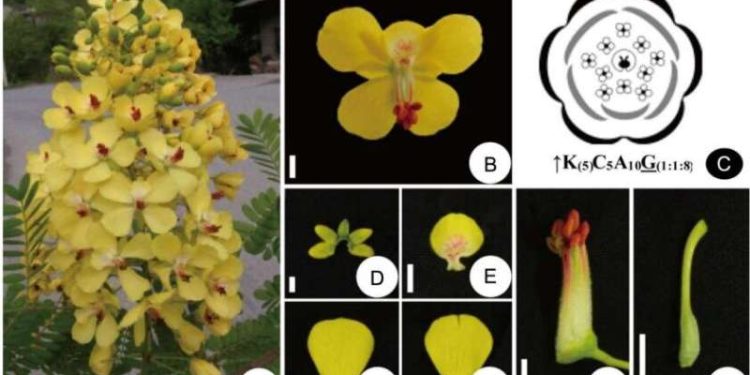This article explores the groundbreaking potential of floral legume symbiosis in revolutionizing agriculture. By drawing upon the latest data and research from sources like Phys.org, farmers, agronomists, agricultural engineers, farm owners, and scientists working in agriculture will gain insights into how harnessing this natural relationship can enhance crop productivity, soil fertility, and sustainability.
In a quest for sustainable agriculture, scientists and farmers are increasingly turning their attention to the remarkable phenomenon of floral legume symbiosis. Recent research highlighted in an article from Phys.org on July 2023 [source: phys.org] unveils the extraordinary benefits this symbiotic relationship holds for crop production. From nitrogen fixation to improved soil health, this article dives into the transformative potential of floral legume partnerships.
Floral legumes, such as soybeans, peas, and alfalfa, possess a unique ability to form mutualistic associations with nitrogen-fixing bacteria called rhizobia. Through specialized structures known as root nodules, these legumes house the rhizobia and provide them with carbohydrates, while the bacteria reciprocate by converting atmospheric nitrogen into a form plants can utilize. This symbiotic relationship offers a natural and sustainable solution for enhancing soil fertility and reducing reliance on synthetic fertilizers.
According to data and studies compiled from various scientific institutions, the incorporation of legume crops in agricultural systems has shown promising results. The nitrogen-fixing capabilities of legumes contribute to increased nitrogen availability in the soil, benefiting subsequent crop rotations. Additionally, the presence of legumes helps improve soil structure, water-holding capacity, and nutrient cycling, leading to enhanced overall soil health.
The adoption of floral legume symbiosis offers numerous advantages to farmers and the environment alike. It presents an opportunity for reduced input costs, as legumes require less nitrogen fertilizer application. Moreover, this natural nitrogen source can boost crop productivity, leading to improved yields and profitability. Additionally, the utilization of floral legumes promotes long-term sustainability by mitigating environmental pollution risks associated with nitrogen runoff.
In conclusion, the utilization of floral legume symbiosis holds immense promise for transforming agriculture into a more sustainable and environmentally friendly practice. The latest data and research reveal the significant benefits of incorporating legume crops in farming systems, such as enhanced soil fertility, nitrogen fixation, and improved crop yields. By harnessing this natural partnership, farmers, agronomists, agricultural engineers, farm owners, and scientists can pave the way for a greener and more resilient future of crop production.
Tags: Floral Legume Symbiosis, Sustainable Agriculture, Crop Production, Nitrogen Fixation, Soil Fertility, Soil Health, Legume Crops, Environmental Sustainability, Nitrogen-Reduced Farming, Agricultural Innovation
